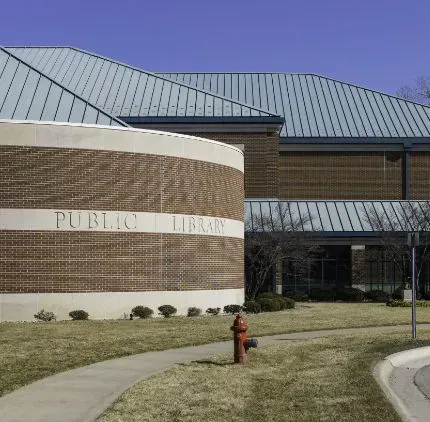Check out these free resources to help you get a more complete picture of your story.
Curious about your family history? Would you like to know more? You’re not alone. Many have become fascinated, intrigued, curious — whatever you want to call it — with genealogy. For some it’s a passing fancy, for others, it grows into a lifelong passion. In fact, some say genealogy research is one of the fastest-growing hobbies in the United States.
If you’re interested in learning more about what makes you “you,” there’s no better time to start. Technology and websites have made learning about ancestors and history easier than ever before.
Before diving in to your search, knowing what you’re looking for and where the gaps are is a good approach. That way you’re focused on your research. Here are some things to help you get a good lay of the land.
Ask questions of family members — lots of questions.
Not sure where to start? The UCLA Library Center for Oral History Research has a wonderful sample interview sheet.
- Record your conversations or make notes.
- Determine your “plan of attack.”
Once you’ve done some of your early legwork on collecting your notes and deciding where you want to focus your efforts, you’re ready to get started investigating! Here are a few invaluable resources …
The Statue of Liberty — Ellis Island Foundation
Wonder if your ancestors came through Ellis Island? There’s a good chance they might have. In fact, it’s estimated that 40% of all Americans can trace at least one ancestor back to Ellis Island. The Ellis Island Passenger Search database houses 65 million records of passengers.
The passenger search is a treasure trove of information. There, you can find passenger names, date of arrival and passenger records as well as images of actual ship manifests.
You can begin your passenger search here: https://heritage.statueofliberty.org/passenger
The National Archives
This site offers resources for genealogy research, free databases, census records, military records, immigration and naturalization records and much more. Within each area are hundreds of firsthand sources available for your sleuthing. Here are two examples —
Census Records — The United States has collected citizen information since 1790 and continues with a census every 10 years. The National Archives has the 1790 to 1950 census records available to the public. A “72-Year-Rule” governs census records, which limits access to personally identifiable information contained in the records to all but the individual named on the record — or their legal heir — for 72 years.
Military Records — Records are available by branch of service, from the Revolutionary War to present day. Records from muster rolls, ancestor’s rank, unit, biographical information as well as pension records are available. There’s no simple explanation for how to begin. Your research will depend on things like branch of service, conflict, whether your ancestor was an officer or enlisted, and whether there was a pension application.
The site also offers details about online genealogy workshops for all ages — from kids to seniors!
For more information, visit www.archives.gov/research
Library resources
You may have wonderful resources close at hand in your community. Check with your local library to see what items they have saved digitally and other resources available to you. They may even have genealogy events (in-person or online); local, county, state records; or even expert volunteers who are glad to help you begin your search and can provide valuable pointers.
Cemetery and headstone info
-
Find a Grave
This site lets you look for burial and other final resting place information for your family.
Each person added to the database will have a memorial page that can include photos of the individual, record images, obituary information, headstone photos, links to other family members’ memorials, and sometimes, their exact burial location within the cemetery. You can set up a user ID and then you can edit/update family burial records. Find a Grave is manned by volunteers and is free to use.
For more info, visit www.findagrave.com
-
Mortuary records
Many details may be available from the mortuaries that handled burial details for your loved ones. You’ll need to know the town/city and state and approximate year of death.
Now … why not get to work determining all the branches in your family tree? Follow some of the tips shared here and start your search. You may find an adventure and a new hobby!






